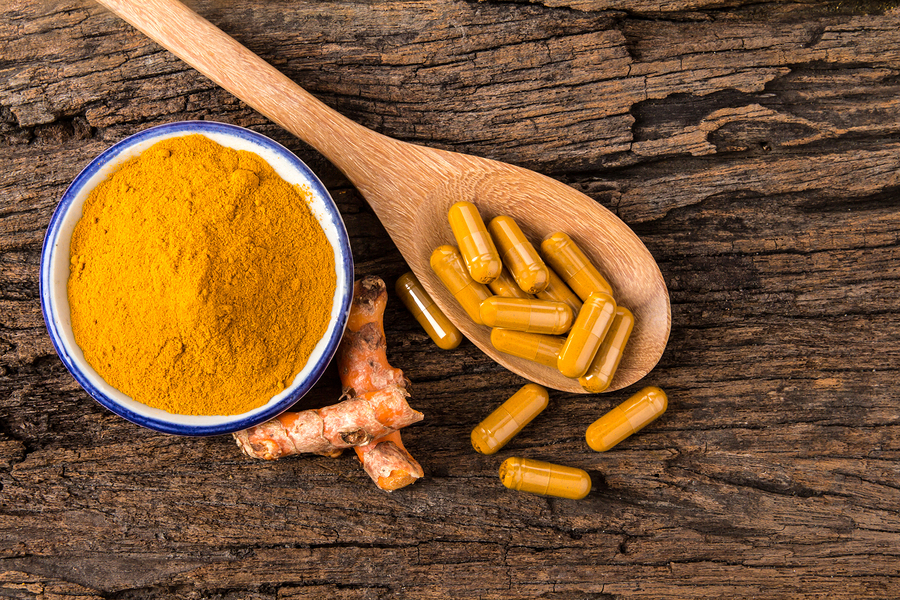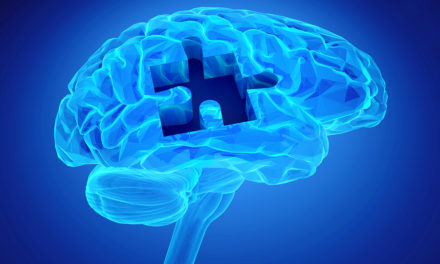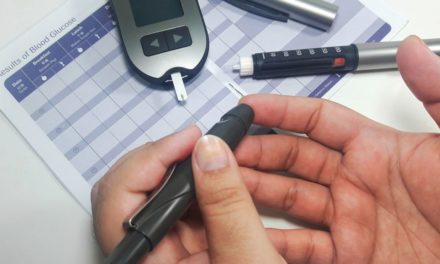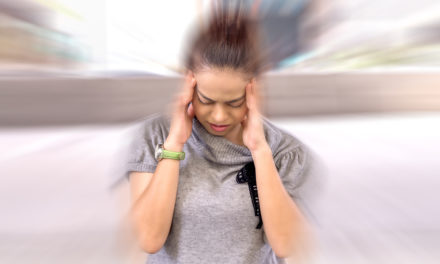A double-blind, placebo-controlled study, looked at the affect cucumin extract had on 50 patients with major depressive disorder. The study appeared in the journal, European Neuropsychopharmacology (2015 Jan;25(1):38-50. doi: 10.1016/j.euroneuro .2014.11.015. Epub 2014 Dec 5). The patients were given either 500 mg of a patented curcumin extract, or a placebo twice daily for eight weeks.
The patients self-rated their depression using the Inventory of Depressive Symptomatology (IDS-SR30). At the beginning and at the end of the study, an analysis of salivary, urinary and blood biomarkers were collected in order to identify potential antidepressant mechanisms of action of curcumin. At the end of the eight weeks, patients receiving the curcumin extract had greater reductions in their IDS-SR30 scores (improvement) when compared to the group taking the placebo.
Lab results for the group receiving the curcumin include: elevations in urinary thromboxane B2, and substance P. Higher baseline plasma endothelin-1 and leptin was associated with the improvement in the IDS-SR30 scores in the curcumin-treated group. Placebo supplementation was associated with reductions in aldosterone and cortisol.
The researchers concluded, ” Our findings demonstrate that curcumin supplementation influences several biomarkers that may be associated with its antidepressant mechanisms of action. Plasma concentrations of leptin and endothelin-1 seem to have particular relevance to treatment outcome. Further investigations using larger samples sizes are required to elucidate these findings, as the multiple statistical comparisons completed in this study increased the risk of type I errors.” This may help to support the idea that depression is linked to inflammation.






